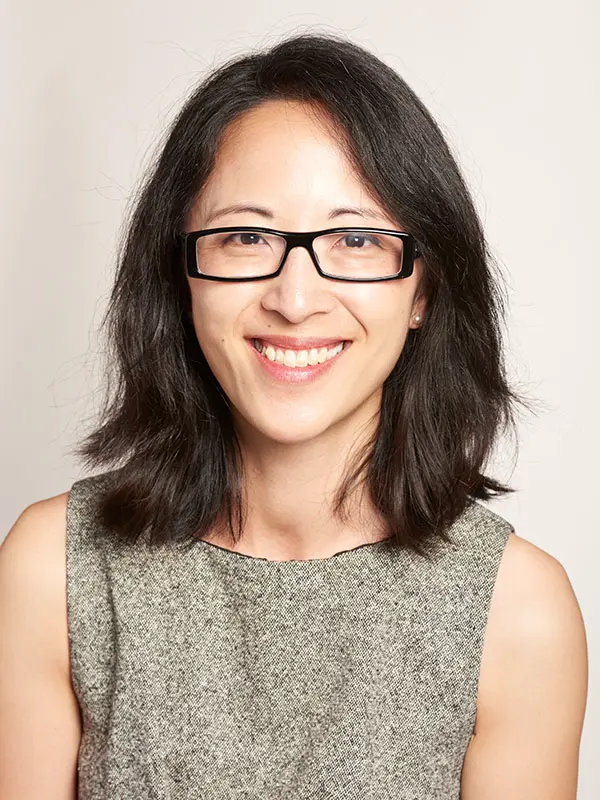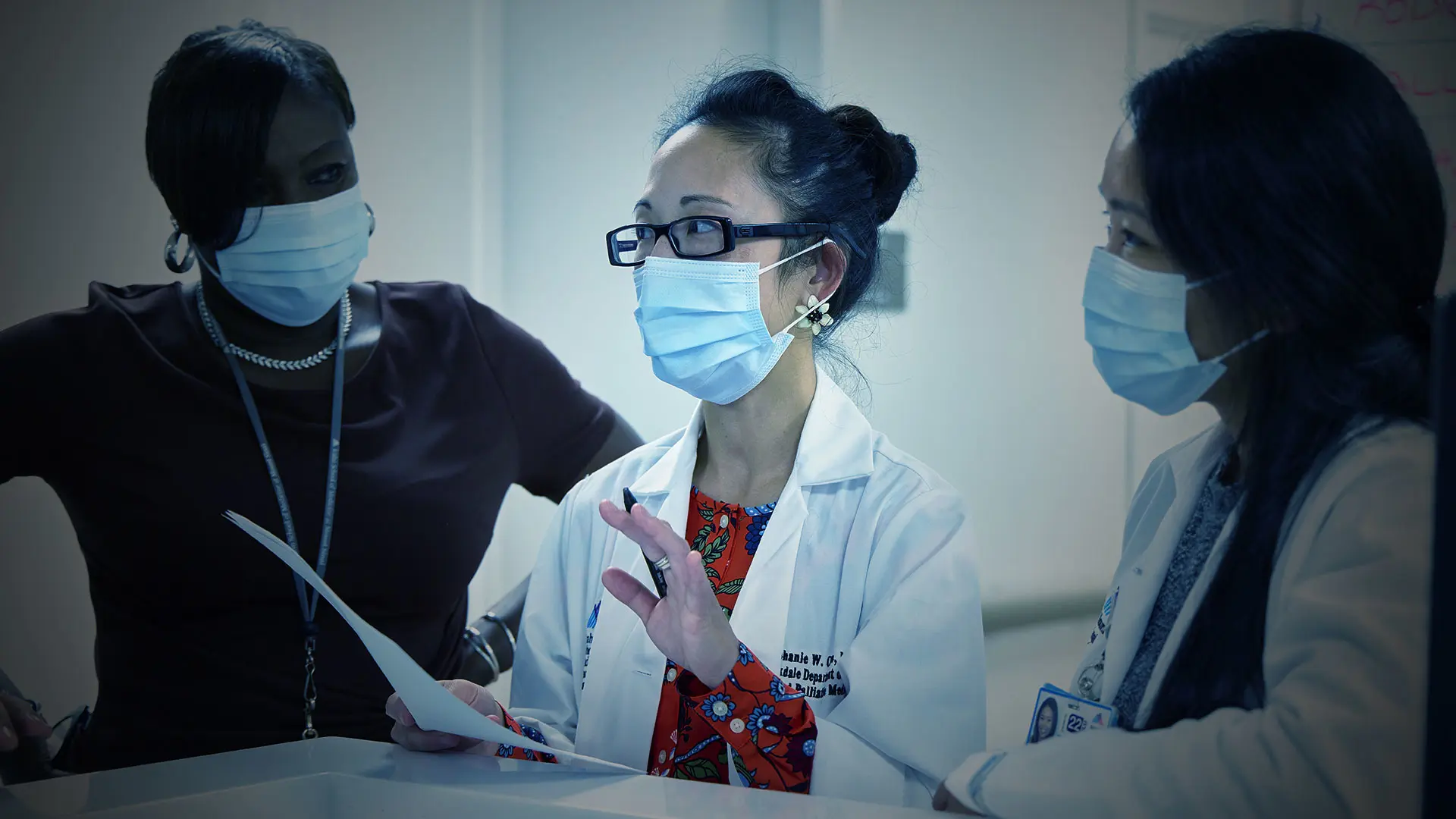As the care for older adults evolves to innovative new modes of treatment, an initiative in the Brookdale Department of Geriatrics and Palliative Medicine at the Icahn School of Medicine at Mount Sinai stands out as a model for the field. This initiative is to co-manage with hospital surgeons the pre-operative care of vulnerable older adults.
The unique program, known as ALIGN-CARE, began five years ago when renal transplantation surgeons at Mount Sinai reached out to the Brookdale Department for help with high-risk patients. The effort has since expanded to include colorectal, oncology, vascular, urology, and general surgeries.
“The field of geriatrics and palliative medicine needs to continuously innovate to meet the growing demand for our services in the coming years.
-Stephanie Chow, MD, MPH
“We work closely with specialists, whether they are surgeons or primary care physicians or even other geriatricians, to optimize the care and outcomes of older adults prior to surgery,” says Stephanie Chow, MD, MPH, Assistant Professor of Geriatrics and Palliative Medicine, and director of both the ALIGN and ALIGN-CARE programs. “We want to set patients up for success. Sometimes that means having a conversation with them about their values and expectations, and what’s going to bring them the most meaningful quality of life. Other times, that means a great deal of counseling and coordination. ”
Tending to this population are members of the Brookdale Department’s complex care management outpatient team known as ALIGN (Aging, Life Innovations, Goals, and Needs) CARE (Collaboration Achieving Readiness and Empowerment), consisting of a physician, nurse practitioner, geriatrics social worker, care coordinator, and administrative associate. When approached by a surgeon for assistance, these specialists typically conduct a comprehensive geriatrics review, including medical and social frailty and capacity assessments to gauge how the patient might fare peri-operatively (before, during, and after surgery). The conversation could also turn to nutrition, exercise or care coordination, and a recommendation might be made by the ALIGN team to modify medications being taken for a chronic condition, or strengthen existing coordination services.
The impact of ALIGN-CARE on the surgery and clinical care that both precedes and follows can be considerable. Surgical patients guided by ALIGN-CARE would receive specific geriatrics medicine and social work recommendations for reducing peri-operative risk and optimizing their abilities to be the best possible surgical candidate given their co-morbidities and health care environment.
“If the surgery can wait, we might make a recommendation to help ensure the patient is more stable, perhaps through modification of a medication, or a focus on counseling the caregiver and family on how best to support a patient’s unique needs.” says Dr. Chow, a geriatrician and family medicine physician with a keen interest in health care disparities among older adults. “We’re trying to optimize our care intervention in a way that gives patients more time, which will help ensure better outcomes for those undergoing surgery.”
What makes the Mount Sinai program truly different from other co-management programs around the country is that it isn’t inpatient-based, and doesn’t occur after or immediately before surgery. Patients meet with ALIGN specialists in an outpatient setting, which could occur days or weeks before the actual procedure. The team is now looking at closing the loop by working with the inpatient geriatrics team to add a structured component to provide co-managed care and monitoring to all older adults in the hospital after their surgical procedure.
“We have fellows and medical students who rotate through this program, and everyone is very excited about it,” says Dr. Chow. “The field of geriatrics and palliative medicine needs to continuously innovate to meet the growing demand for our services in the coming years. ALIGN-CARE demonstrates how it may be possible to develop and implement new approaches, and it’s thrilling to be a part of this team.”
Featured

Stephanie Chow, MD, MPH
Assistant Professor of Geriatrics and Palliative Medicine, and director of the ALIGN and ALIGN-CARE programs
